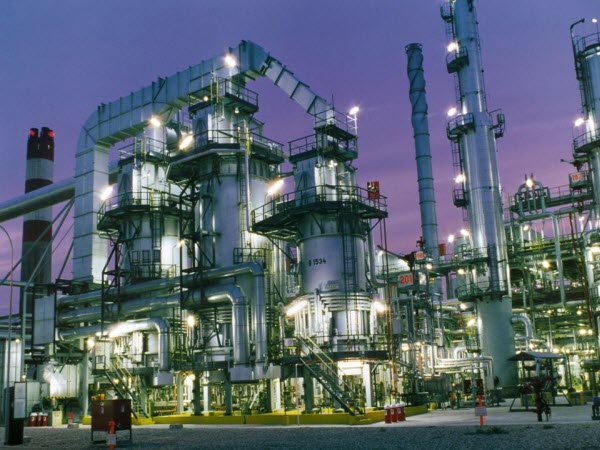There are no products in your shopping cart.
| 0 Items | £0.00 |


SEVERAL major oil and gas projects in Nigeria may suffer further delays as multinational companies operating in the country suffered major financial losses as a result of the economic shutdown brought about by the coronavirus pandemic.
Following the outbreak of the pandemic, the global crude oil market suffered a major collapse in both demand and prices, hurting Nigeria's economy badly. International oil companies operating in the country have suffered severe loses, forcing many of them to slash their capital budgets and suspend some projects.
Brent crude prices plunged to as low as $15.98 per barrel in April, its lowest since June 1999 but has recovered a bit, now trading at around $44 per barrel. Royal Dutch Shell said last Thursday that it posted a loss of $18.4bn in the second quarter of this year, compared with a profit of $3.5bn in the same period of 2019.
According to Shell, the outlook for oil demand continues to be uncertain and as a result, it has cut its exploration drilling plans for this year from 77 wells to just 22. In march, Shell also announced that it would cut its capital spending budget for this year from around $25bn to $20bn.
Last Friday, ExxonMobil reported its biggest-ever quarterly loss of $1.1bn and confirmed plans to make deeper spending cuts. ExxonMobil, which suffered a loss of $610m in the first quarter of 2020, slashed capital spending by 30% this year to around $23bn.
Chevron Corporation posted a loss of $8.3bn in the second quarter of 2020, which was its worst in at least three decades. It warned that the pandemic is wreaking havoc on energy markets and this might continue to drag on earnings.
In December last year, a number of oil and gas projects valued at $58.4bn in Nigeria were facing an uncertain future as the oil companies failed to sanction them several years after they were announced. it is expected that such projects will now be permanently put on ice as a result of the current meltdown in the oil market.
Before the pandemic, industry experts had said the regulatory and security challenges in Nigeria had put a damper on the IOCs’ appetite to take final investment decisions on the projects. With Nigeria now unable to sell its usual 2m barrels of crude daily, the situation is looking very dire.